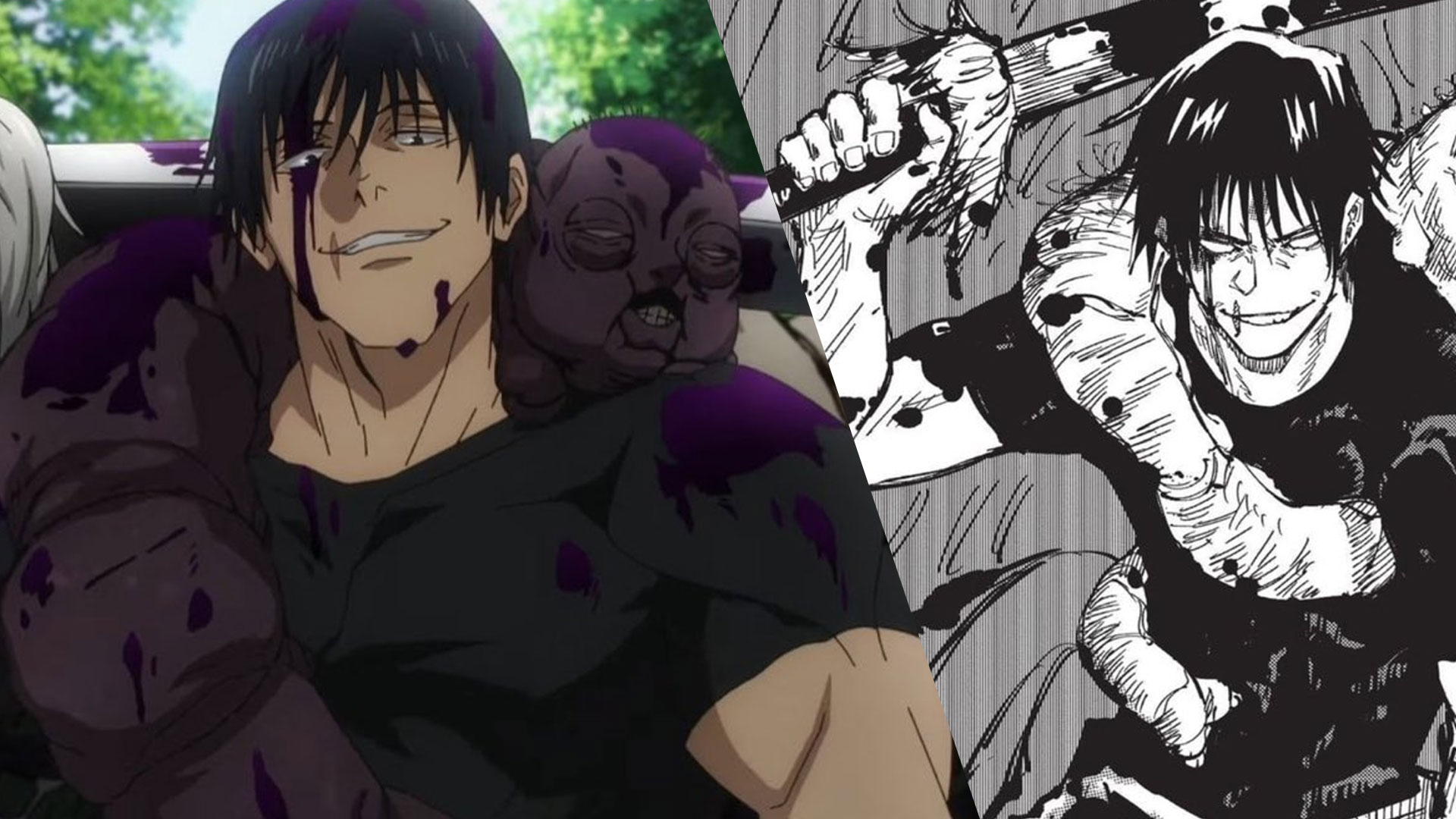We're never getting tired of the comparisons between anime and manga.
Tale as old as time itself: when we see an anime that doesn't truthfully follow the manga original, we get enraged and start shouting on every corner that manga is better. But what happens when the anime follows the manga very closely, without straying much from the original story?
Enter Jujutsu Kaisen: one of the most precise manga adaptations in modern anime history. You can watch the first season and jump straight to Chapter 64, because you wouldn't miss a thing. And now, with the second season currently airing (and promising an extremely epic adaptation of the Shibuya arc), some new fans are questioning whether they should read the manga version first and then wait for the action to unravel on screen. Some older fans are postponing watching the season for the same reason: they already know what's gonna happen, and the anime doesn't stray away from the story, so why would they waste their time watching it?
True: Jujutsu Kaisen anime doesn't just adapt the manga, it copies it almost panel-by-panel, at least in the first season, only adding a bit of color and smear. But the second season takes some creative liberties while keeping the narrative intact, and these liberties, however small they are, create a certain vibe, add a certain depth to the characters, and make them a bit more alive.

Akutami Gege's art style, especially in the action scenes, sometimes looks dirty and barely comprehensible, so in the animated medium the fights look much cleaner, more grounded and vivid. Add the sound effects — and you get fully immersed into the guttural action. Cocky and rightfully distraught voices, framing that differs from the paneling both in the fight scenes and in those rare moments of calmness — everything pours a little bit more emotion, adds a little spice to the story that was not there in the manga, despite following the narrative to the letter.
Instead of straying away from the characterization, like some anime do, Jujutsu Kaisen adapts the manga not by deriving from it, but by adding to it, truthfully translating the original and using it as its base and deepening your connection to the story and the characters through all those little details that only the animation medium can provide.

So even the manga readers can find something new in the adaptation that follows the story as closely as Jujutsu Kaisen does. Anime attacks more of your sensory systems at once than manga, bringing you closer to whatever transpires on the screen, but taking the load off your imagination.
Tale as old as time, and the answer is even older: anime and manga are just different mediums and can be enjoyed differently, both when the anime stays close to the manga original and when it differs significantly from it.

